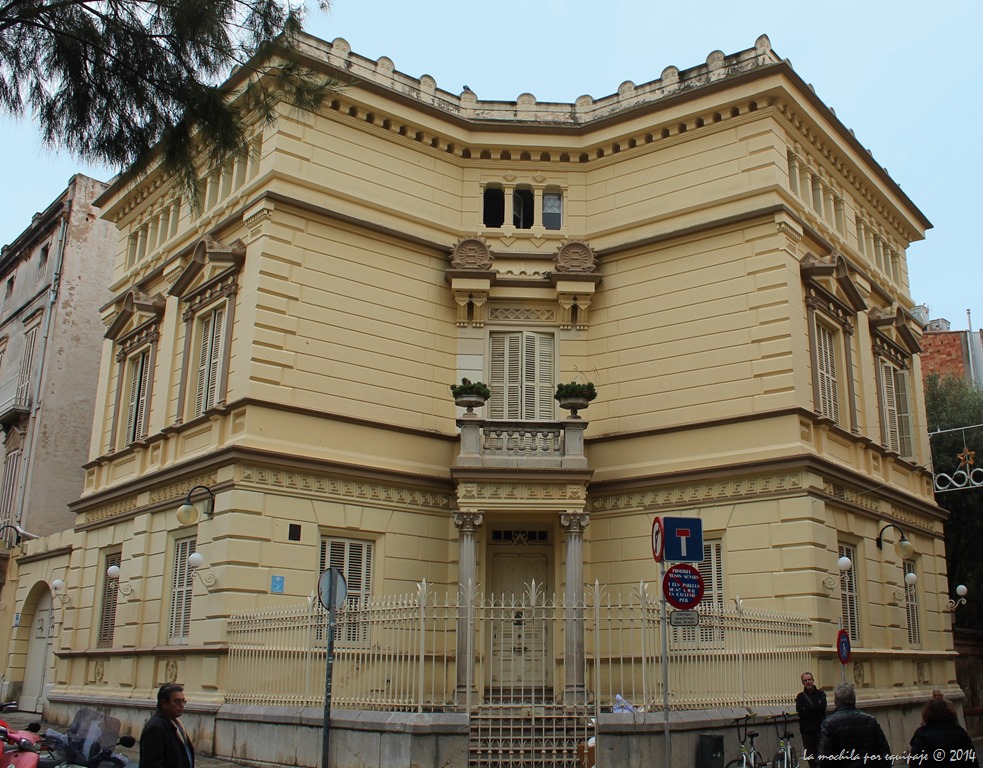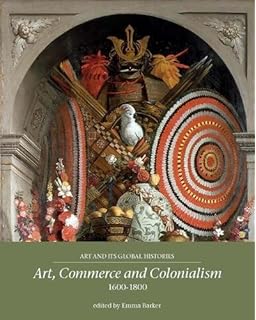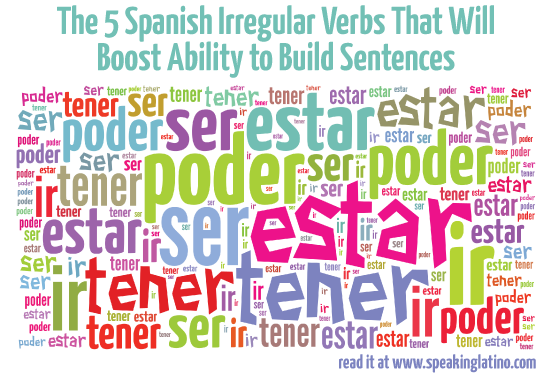There is something infinitely galling about
having you flu jab and within a week being gifted a stinking cold from your
nearest and dearest.
At least mine is not as bad as his and with
my judicious doctoring (i.e. going to bed to sleep it off) I think that I am
well on the road to recovery. I must
admit that today has been a lazy day (for purely medicinal purposes) and I did
not shower until later in the day; have only worn a tracksuit and have taken to
my bed twice! I have not been outside
the house at all today and I have rejected the idea of going for my daily swim!
I have not been completely slug like and
have completed a poem called ‘Misophonia’, the inspiration for which was found
(or rather heard) on a metro station in Barcelona when I was returning from a
demonstration demanding the release of the Catalan political prisoners held by
the right wing minority Spanish national government. And yes, I do know that the government makes
out a case for their being nothing of the sort, but rather like northern Cyprus
that is only recognized by the Turks, so the government is the only one
persuaded by their fatuous arguments.
Anyway, all that political agitation and I write a poem which has
nothing to do with the reason why I went up to Barcelona in the first
place! Ah well, par for the course! If you want to read the poem it is at http://smrnewpoems.blogspot.com.es/
I have also been reading Mark Twain, the
1872 book “Roughing it”. It is always a
delight to read something that is generally regarded as a classic and discover
that it really does deserve that accolade because it is so good to read. Twain’s language has a freshness and he
writes with such an ironic eye that you are captivated by his
descriptions. The pace of the book is
also helped by the fact that this early semi-autobiographical episodic approach
to travel writing is set in the high and dangerous days of the Wild West and
includes epic journeys on stagecoaches, silver exploitation, violent death,
Mormons and easy racism. Twain’s
approach to Native Americans and African Americans may well be ‘of his time’,
but it still makes for uncomfortable reading - but that is also part of the
literary history of America and must be dealt with. I have not yet finished the book, but it is
well worth reading.
The Spanish lesson yesterday was sparsely
attended. I suggested to the teacher
that was because we were going to tackle the subjunctive and it had struck fear
into the hearts of her pupils! I think
that was only partly a joke.
She took us through the basics of the
subjunctive with the aid of a printed handout and seemed to find some
inspiration in our faces as she explained.
I think that I maintained an air of frightened acceptance throughout the
lesson and I am not sure that I was substantially more informed about when to
use the subjunctive with confidence than when I had contemplated it as a
esoteric unknown concept last week.
The teacher sought to encourage us by
suggesting that we would not find many more references to the subjunctive in
the rest of our course and that it would not play a substantial part in our
examinations. This is fine and dandy,
but it does not tie in with the undoubted fact that the Spanish use the
subjunctive much more than the English speakers do in their language and it is
much more common than with us.
Tomorrow I have to essay the homework that
we have been given which is to insert the correct form of the subjunctive in
sentences. At least I can do this armed
with my trust “501 Spanish Verbs” book, the textbook, the Internet and the handout. And if all else fails the answers are at the
back of the book!
There is always a way!










